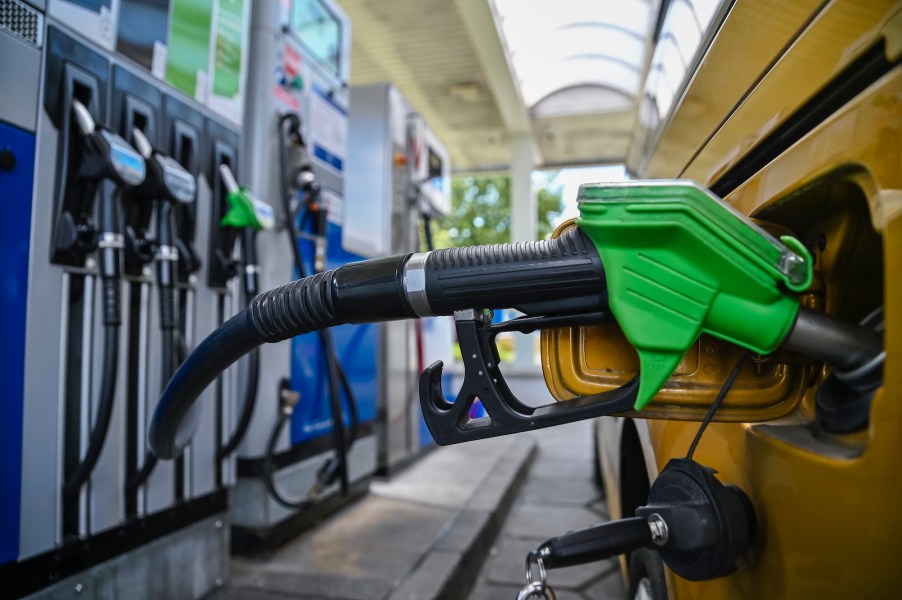
The Chip Shortage Makes It More Profitable for Automakers to Build Gas Cars Instead of EVs
The auto industry has gone through a lot of stress in the last few years with the pandemic, the supply chain issues, and most recently, high fuel prices. The industry has reacted to those problems in various ways, and that’s been especially true with the chip shortage, which has forced automakers to make some tough choices. In fact, due to the chip shortage, many automakers are prioritizing gas-powered cars over hybrids and EVs simply because it’s the cheaper thing to do right now.
A quick history of the chip shortage

The chip shortage is an excellent example of how fragile our supply chains are. Most automakers had a strategy called just-in-time manufacturing, and this essentially meant that automakers ordered supplies as they were needed. Few automakers had a stockpile sitting around just in case. When COVID started, and the economy took a nose dive, automakers saw a huge drop in car sales and lowered production.
Other industries did the same thing, but many did not. As a result, chip factories continued making chips, and automakers were at the back of the line. Soon after the pandemic started, automakers realized that people still wanted cars, so automakers ordered more chips. However, the chip factories were busy with their other orders, and automakers, even with the new orders, were still at the back of the line.
This caused a ripple effect across the industry. With chips in short supply, automakers had to slow down production. This caused new car prices to rise, which caused folks to shop for used cars. Because so many people were shopping for used cars, this also caused used car prices to rise.
Why are some automakers prioritizing gas-powered cars over EVs?
Things are more complicated for EVs, though, as Tomorrow’s World Today wrote. Many EVs come with some futuristic and advanced features, but all of those features probably require chips. For example, a regular gas-powered car like the Ford Focus still needs about 300 chips. In comparison, a Ford Mustang Mach-E, an electric SUV, needs about 3,000 chips.
According to GreenBiz, the EV supply chain is different from the supply chain that regular cars have. The most significant difference is in the car’s battery, which needs metals like lithium and nickel. The high demand for batteries is causing a supply chain issue with those metals. Additionally, EV manufacturing differs from regular cars, so automakers who want to expand EV production need to create new factories or modify existing ones.
As a result, many automakers have shifted resources to gas-powered cars, as they can make more money that way. Since all cars need chips, it makes sense to prioritize gas-powered cars as they require fewer chips. Automakers that only make EVs, such as Tesla, have had to cut some things to meet delivery targets.
The auto industry is complex, and there are more factors at play
That said, automakers aren’t quitting the EV market. Automakers know that EVs are getting more popular, and they’ll be the only option on the market in the future, too. That’s why, even with production cuts, EVs often sell out, and there’s often a backlog of orders. Automakers haven’t singled out EVs, either.
Automakers have also prioritized chips for cars that are new or recently redesigned and cars that are very popular. Another business decision that automakers have made is to prioritize high-value cars. This is because a high-value car will need about as many chips as a low-value car, but an automaker will make more profit from selling that high-value car.


